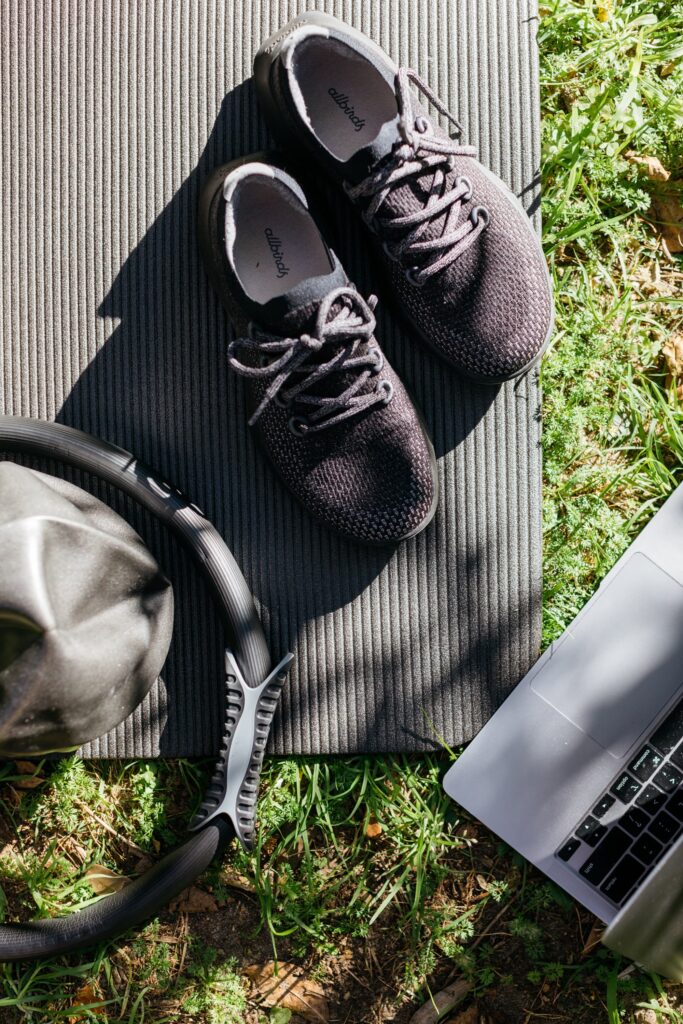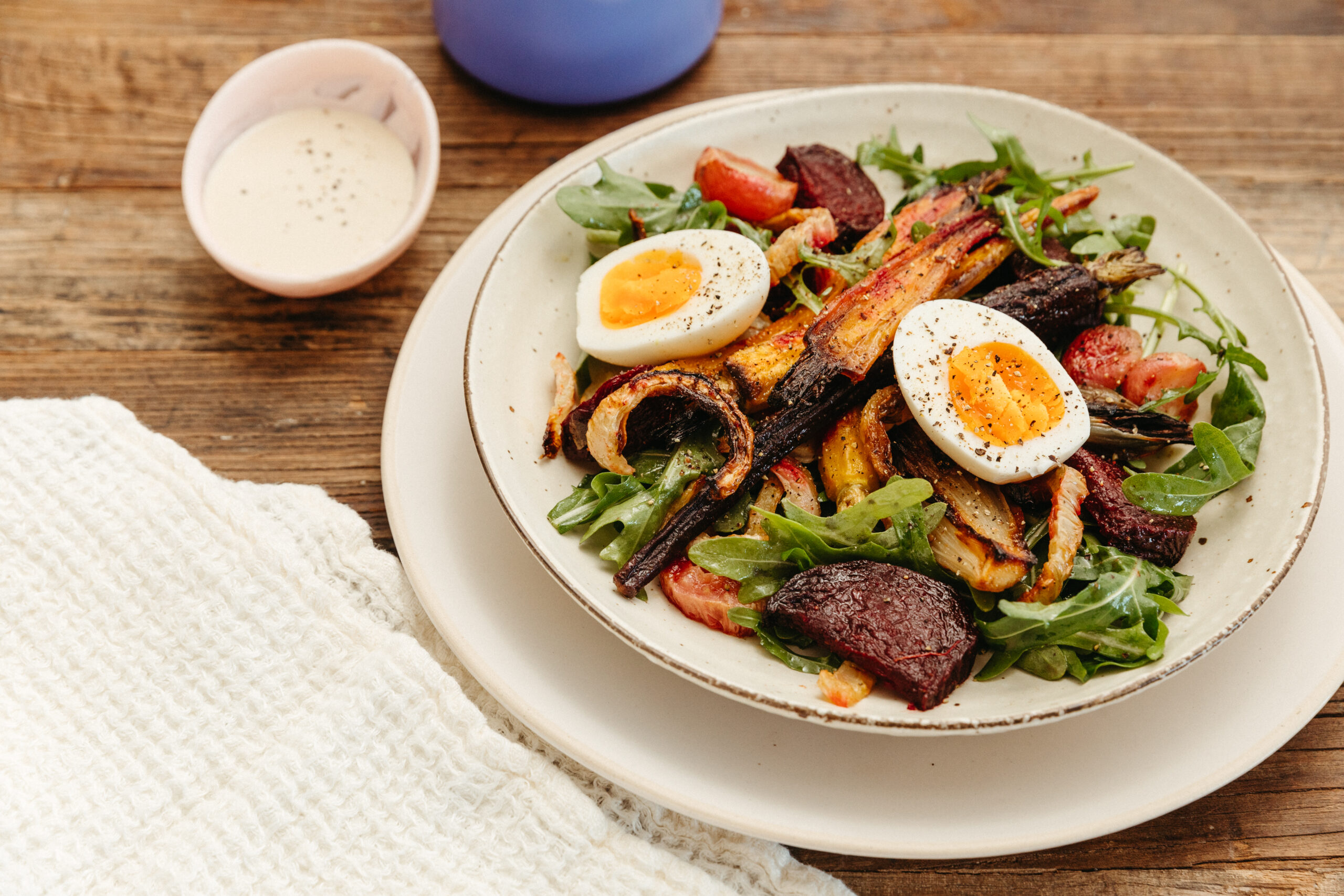Food is fuel, and our bodies require fuel to move. Running burns through fuel quickly, so how do we fill our tank to run faster, for longer?
Running on an empty tank limits our running performance and poses risk of injuries and fatigue. Inadequate nourishment between runs hinders muscle recovery and conditioning.
Discover what to eat, when to eat and how much is enough, to boost your running performance, endurance and recovery.
Tips to eat enough.
As we know, food is fuel and without fuel, our bodies are running on empty. We require adequate carbohydrates and fat as direct sources of energy. A simple way to ensure you are eating enough, is to maintain a balanced diet of three meals a day (can be slightly different to everyone) and avoid fasting before and after exercising.
When we take up running or increase our running schedule, our appetite grows. We are burning more energy (carbohydrates and stored fats) which leaves us feeling hungrier. To avoid overeating or doubling your caloric intake, eat smarter and pay more attention to the foods you are eating, to stay full and satisfied.
Tips to eat smarter.
Let’s talk about the main sources of nutrients.
1. Carbohydrates
These are your main and immediate sources of fuel and energy. Our bodies break down and burn carbs while we move. Simple carbs (sugars) provide an immediate energy boost, whereas complex carbs (grains, pasta) are broken down to release glucose (sugar) over a more prolonged period. Both sources of carbs are essential to boosting and maintaining energy levels.
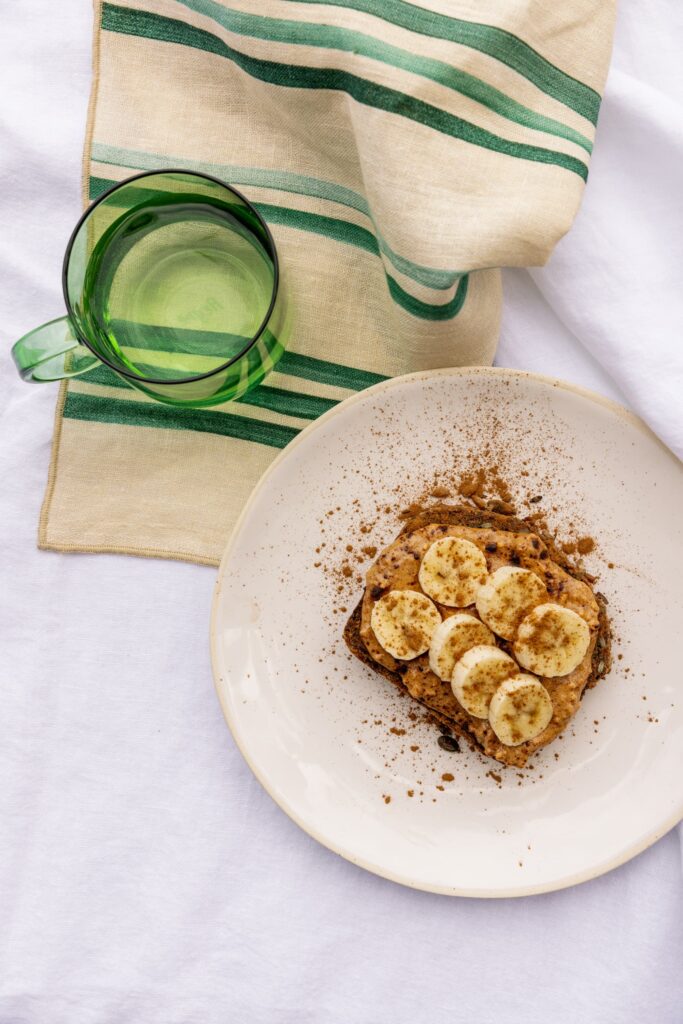
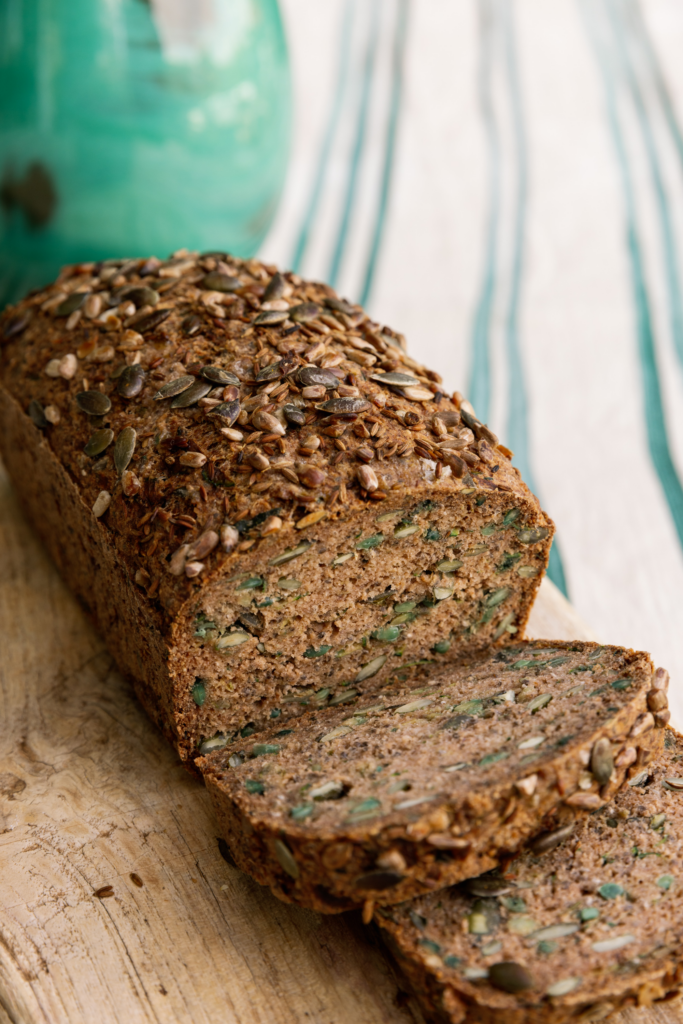
2. Fat
Fat and stored fat is another source of energy and fuel for runners. The consumption of healthy fats, combined with stored body fat helps is essential for endurance, allowing you to run for longer distances. Healthy fats include olive oil, butter, avocados, oily fish, yoghurt and nuts.
3. Protein
While protein is not a direct source of energy and fuel, protein supports our muscles, to build, shape and condition. Strong, healthy muscles are essential for runners, to improve performance and minimise injuries. Protein helps with muscle recovery, repairing your muscles between runs. Running breaks down our muscle tissue, so without adequate recovery, we become prone to muscle tears and injuries. Sources of protein include red meat, lean meats, eggs, soy, tofu and legumes.
4. Fruits and Vegetables
Fruits and vegetables are a source of carbohydrates, packed with antioxidants, anti-inflammatory properties, vitamins and minerals. A variety of fruits and vegetables will fight against inflammation and support your immunity.
A balanced combination of carbohydrates, fats, protein, fruits and vegetables are essential to a runner’s diet. The energy you burn during a run must be replenished. Opt for unprocessed, natural sources of each category.

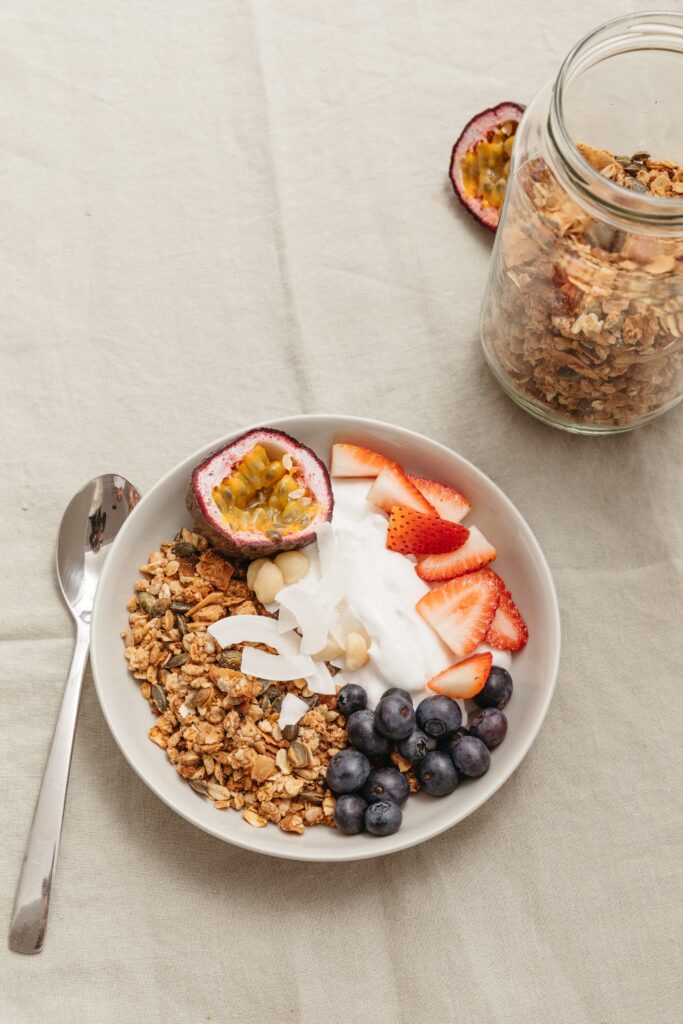
Tips for when to eat.
Depending on your frequency of running, your eating patterns should not change drastically. However, there are simple ways in which we can eat certain foods to support a run and the time between.
Before a run – opt for a carbohydrate (energy source) which is easily digestable. Overnight oats are an incredible pre-run meal, easy on the stomach and will slowly release energy during your run. Add natural yoghurt and a piece of fruit for a healthy dose of fats and simple carbohydrates.
During a run – for a longer run, hydration is key and simple carbohydrates to maintain energy levels. A banana and bottle of water or coconut water is the perfect mid-run snack.
After a run – you want to refuel within two hours of completing a run. Opt for a protein-rich snack or meal to support muscle recovery. A protein smoothie, peanut butter on fruit or toast, bowl of yoghurt with nuts or eggs on toast.
Tips for vegetarians and vegans.
Some of the world’s fastest and fittest runners are vegetarian or vegan. You do not need to eat meat to be able to run efficiently. However, you do need to be mindful of your protein consumption and meeting adequate levels of B12 vitamins and iron.
If you are increasing your running frequency, you will want to increase consumption of soy, nuts, seeds and legumes to replenish your protein and iron levels. You may want to consider testing your B12 levels, and supplementing when necessary.
